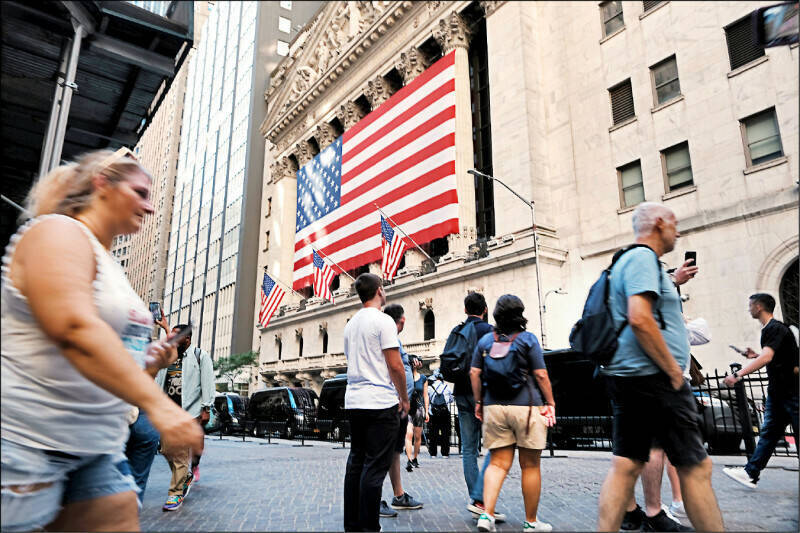About two-thirds of jobs in the US and Europe are exposed to some degree of AI automation.
(AFP file photo)
[Compilation of Wei Guojin/Taipei Report] Investment bank Goldman Sachs Group Research pointed out that recent major breakthroughs in the field of artificial intelligence (AI) may lead to the automation of a quarter of jobs in the United States and the euro zone.
The study, published on the 27th, said that generative AI systems such as ChatGPT could lead to a huge leap in productivity, which could eventually increase the global gross domestic product (GDP) by 7% within 10 years.
According to the study, if such technology were to materialize, it could "significantly disrupt" the labor market, with some 300 million full-time workers in the world's largest economies facing automation.
Lawyers and administrators are most at risk of becoming redundant.
Please read on...
The study's authors, Joseph Briggs and Devesh Kodnani, based on job data for thousands of occupations, estimated that about two-thirds of jobs in the U.S. and Europe are at risk of some degree of AI automation, the Financial Times reported.
Less than half of most people's workloads will be automated, and they may continue their work, leaving more time for more productive activities.
In the United States, they estimate, this would apply to 63% of the working population, with another 30% of manual or outdoor workers unaffected.
Goldman Sachs said its research showed similar effects in Europe.
On a global scale, due to the large proportion of manual work in developing countries, it is estimated that one-fifth of the world's work can be completed by AI, which is equivalent to about 300 million full-time jobs in large economies, which is lower than the United States and the euro zone. A quarter of the work.
The report will spark a debate about AI technologies revitalizing sluggish productivity growth in rich countries while creating a new class of unemployed white-collar workers who risk suffering the same fate as manufacturing workers in the 1980s.
If corporate investment in AI continues to grow at the pace of software investment in the 1990s, investment in the U.S. alone could approach 1% of U.S. GDP by 2030, Goldman said.
